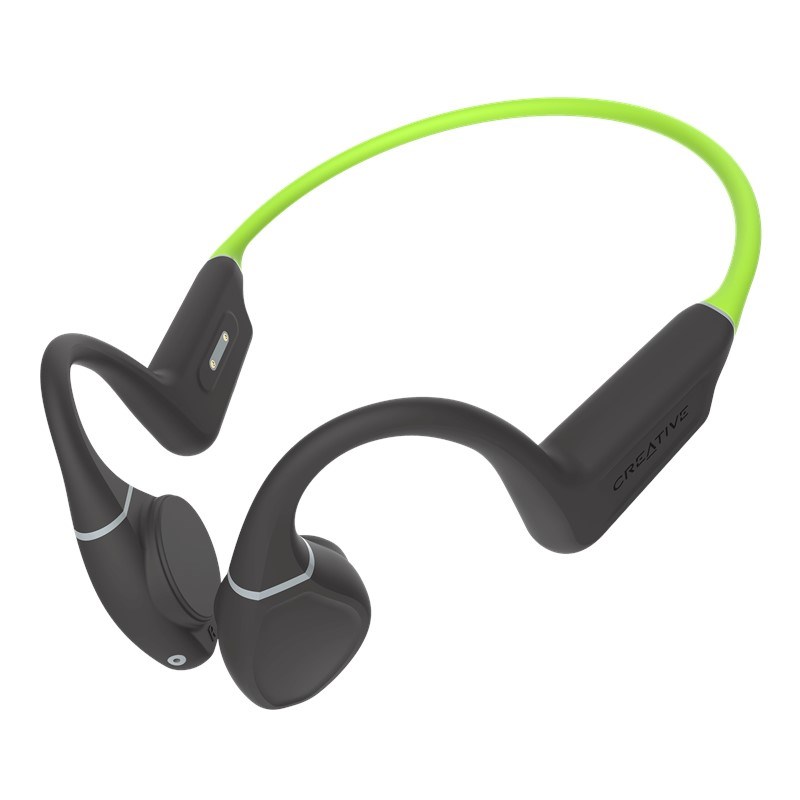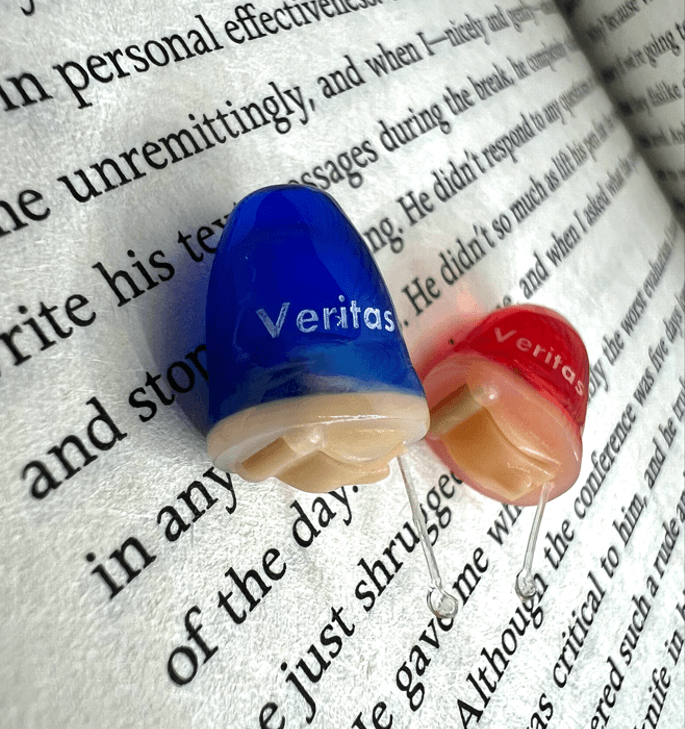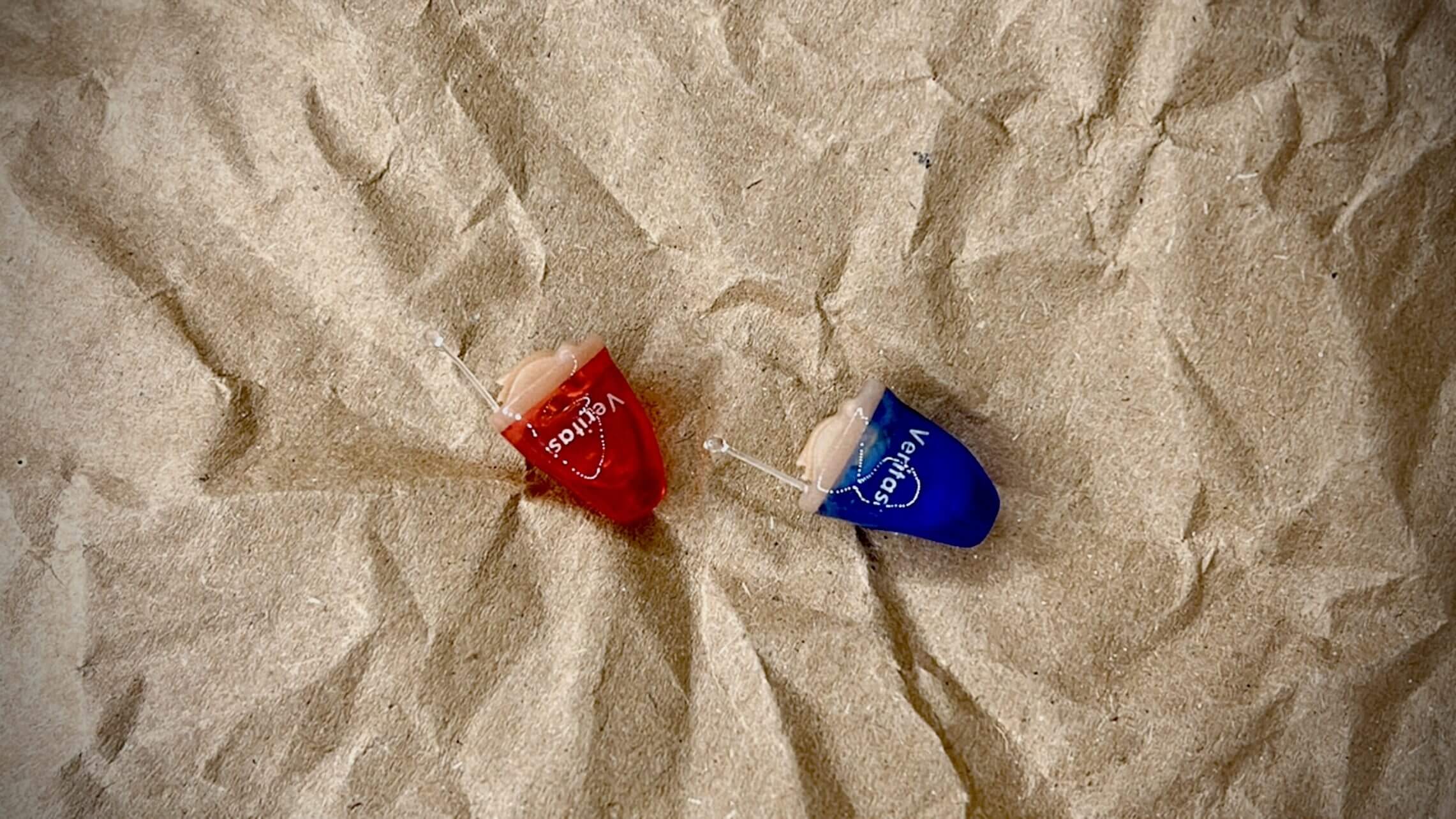
What are bone conduction headphones and how do they work?
It is a well-known fact now that listening to music too loudly via your headphones can ultimately lead to damage
The beginning of spring also sadly brings with it the beginning of hay fever season. Hay fever is an allergic reaction to pollen. This can sometimes cause inflammation and blockages in the ears of sufferers. Unfortunately this can then lead to temporary hearing loss. Blockages in the ear can be caused by excess ear wax which, if left, can cause people to suffer with symptoms of tinnitus. This excess ear wax can be caused during hay fever season by a build-up of mucus generated in the sinuses. This mucus, if produced in the nasal passage, can put pressure on the ear canal. This pressure can often cause discomfort and even pain. Any excess ear wax can be removed easily and painlessly with an ear wax removal appointment.
If you are a hearing aid user, you need to ensure that you are regularly changing your wax filters and cleaning your aids so they are free from excess wax. As we mentioned above, some people may produce more ear wax if they are struggling with allergies so the wax filters may needs changing more often than you have been for the past 6 months.

A high pollen count can result in ear irritation for hay fever sufferers.
As we move away from winter, a lot of people start to give their households a spring clean. It would be a great idea to do the same for your hearing aids. To keep your hearing aids in excellent working order, you will need to clean them regularly. If you get into a routine of doing this from the beginning, you won’t forget to do it. Your hearing aids will most likely come with some form of cleaning tool / kit. However, if not, there are lots of alternatives available on the high street and online. You can also ask your audiologist if there are any cleaning kits they recommend. A cleaning kit typically contains small brushes that allow you to clean your aids effectively. There is also often a dry cloth and some special tools / magnets to assist with removing the battery (if applicable).
The first thing to do is give your aids a visual inspection. You will be able to see the areas that need cleaning and decide which tools / brushes you require. You can begin by using a soft cloth to wipe over your aids gently. Do not ever use water or place your aids in water as this could ruin them. Once you have wiped them over, you can begin to use the small brushes and tools. These will help to dislodge any ear wax that may have built up.
Once your hearing aids are clean, you can assess whether you need to change the wax filters and domes (if applicable). It is advisable to change these at least once a month to ensure they aren’t clogged up with ear wax and affecting your hearing.
Hopefully, the weather will begin to turn and by the end of the month, we’ll be basking in the spring sunshine. As we do move towards the summer and warmer weather, it’s important to remember that your hearing aids are not well suited to spending a lot of time in high temperatures. If it is a hot day, you will need to be mindful of leaving hearing aids out in the sun. When you take your hearing aids out, be sure to pop them safely into your case. You should not leave them on a window sill, on display in your car or on a table in the sunlight. They need to be stored in a cool, dry place and not in the direct sunlight.
If you’re lucky enough to be off on a break somewhere or taking a trip to the beach, you need to ensure that you do not get any sand or water into your aids. We would advise that you wash your hands thoroughly after touching sand before handling your aids. If they do get sand inside, it can clog up your aids in the same way that ear wax can. If you are off for a dip in the pool or sea, your aids must be removed first. There are now some models of hearing aid that are waterproof but the vast majority are not.
If you feel like you are turning up the TV too loud or are struggling in conversation, it’s time to get yourself booked in for a hearing consultation. If you ever need any further advice, please don’t hesitate to reach out to us.
[html_block id=”3745″]

It is a well-known fact now that listening to music too loudly via your headphones can ultimately lead to damage

Fun fact… we actually hear with our brain and not our ears. Ears receive the sound and then send the

Things do go wrong from time to time with hearing aids. The most important thing is not to panic. There
We started our company in 2011 with a simple concept of hearing appointments for anyone in the comfort of their own home, work or personal space. We understand that not everyone can or wants to travel out to a clinic and some of us even prefer to be seen in our own surroundings.
© 2024 Veritas Hearing Ltd. All Rights Reserved.